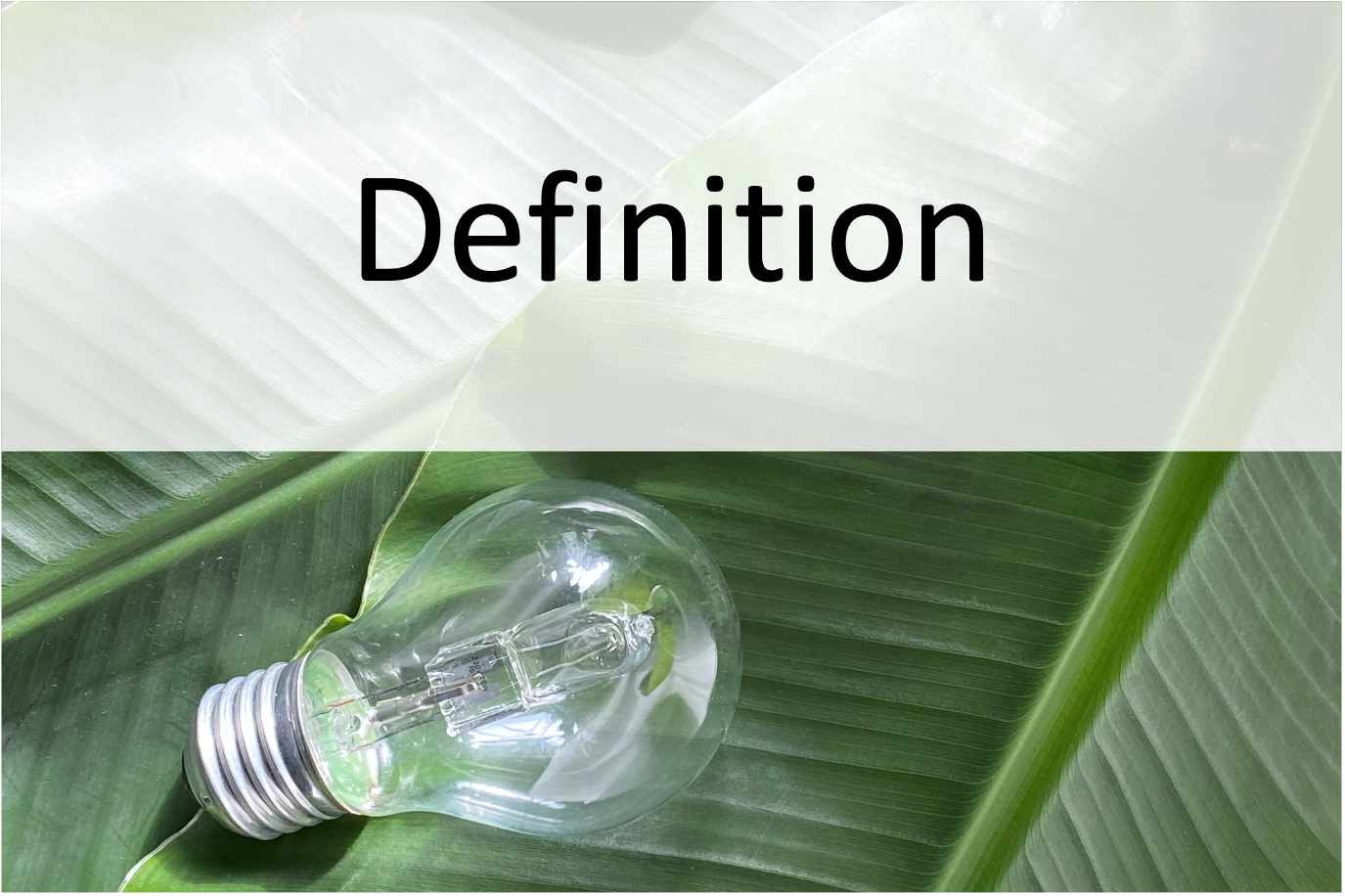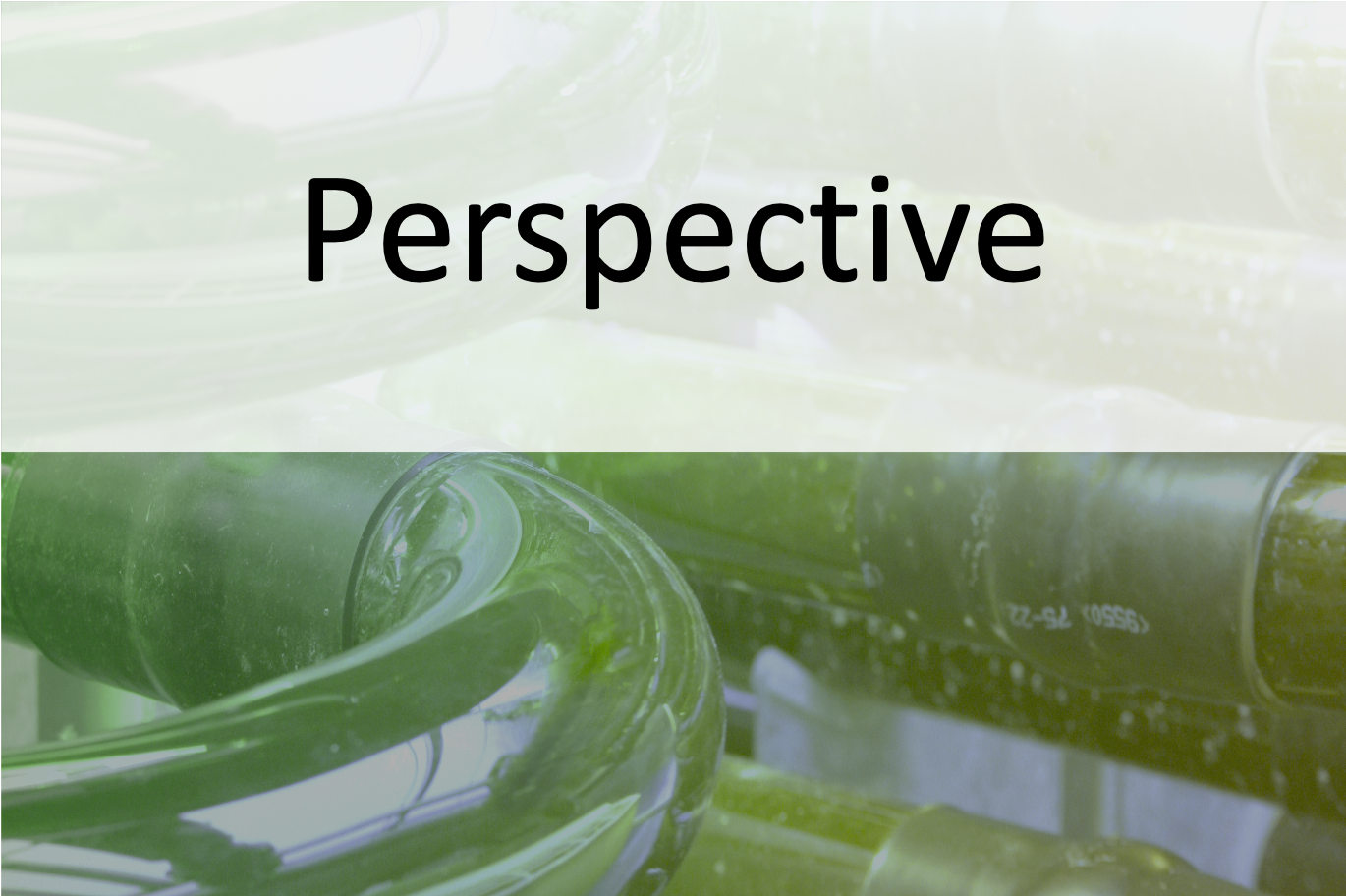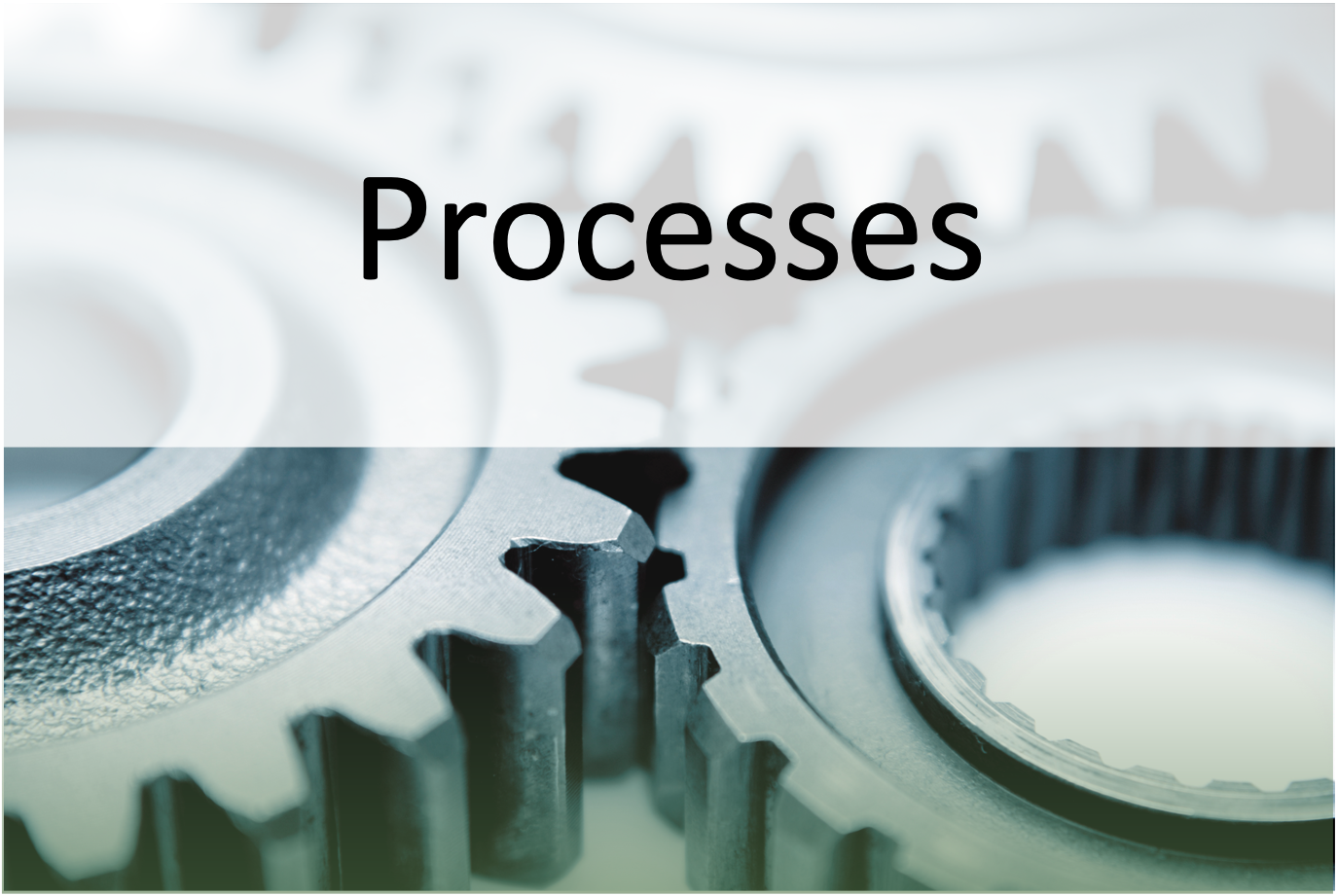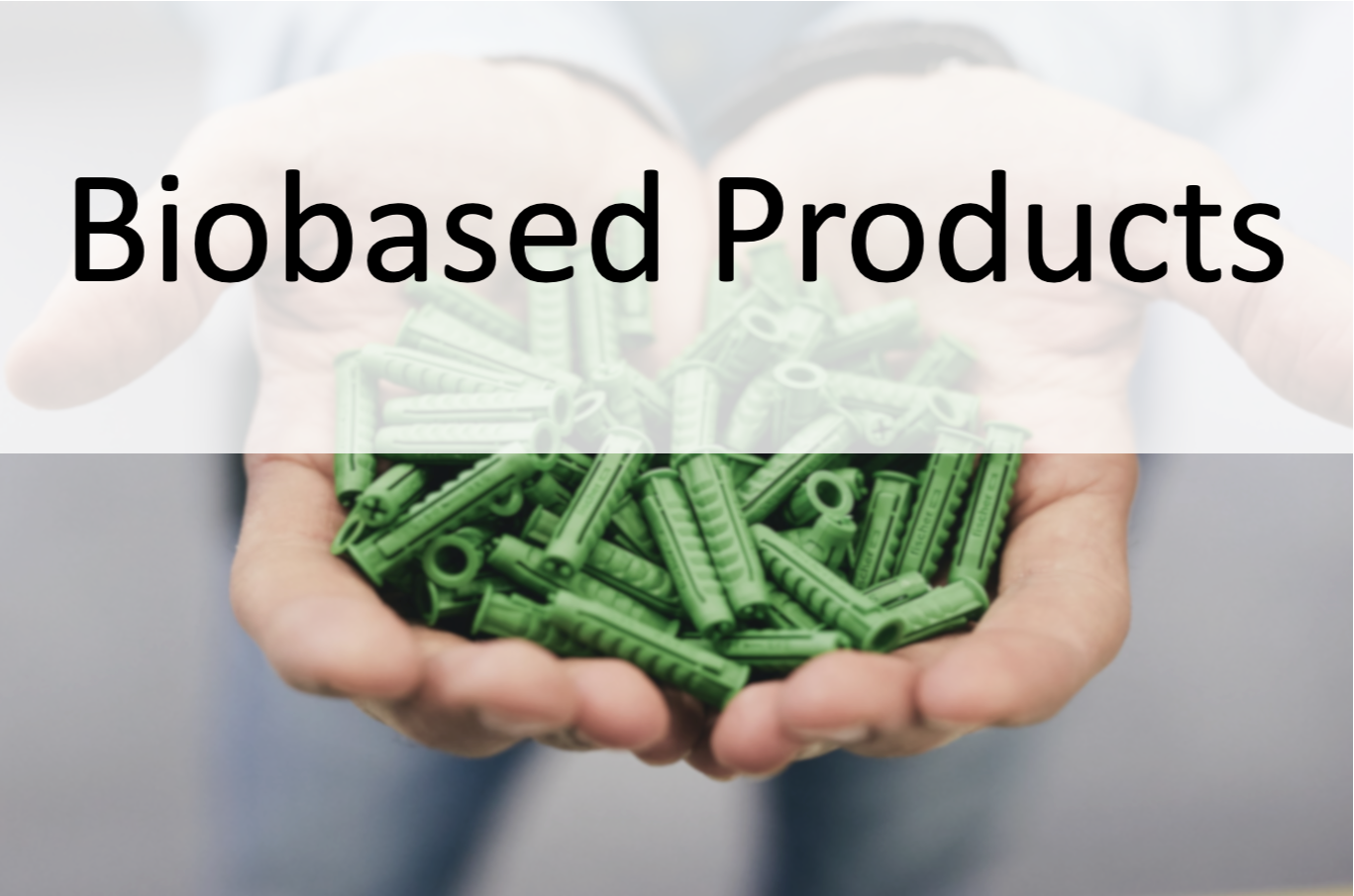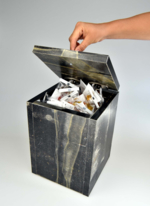
ARDIA-Net preliminary results presented in the Kick-Off Conference of Interreg Alpine Space 2021-27
The Kick-Off Conference of the new Interreg Alpine Space programme, which gathered more than 300 attendees, was organized by the Joint Secretariat in Salzburg and held online due to the COVID-19 restrictions established by the Austrian Government days previous to the celebration. It consisted of a two half-day programme (22nd and 23rd of November) under the motto “Let’s change our altitude”.

